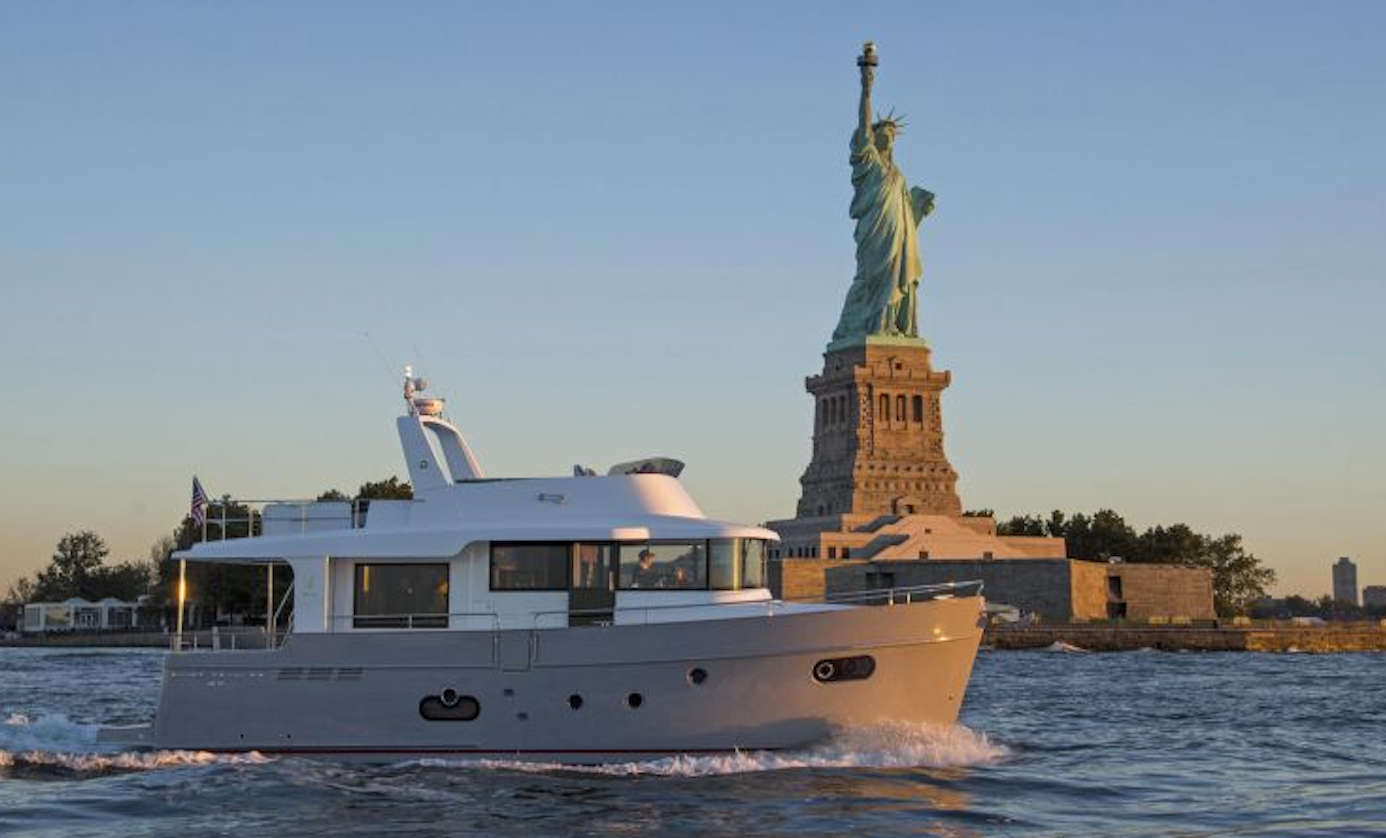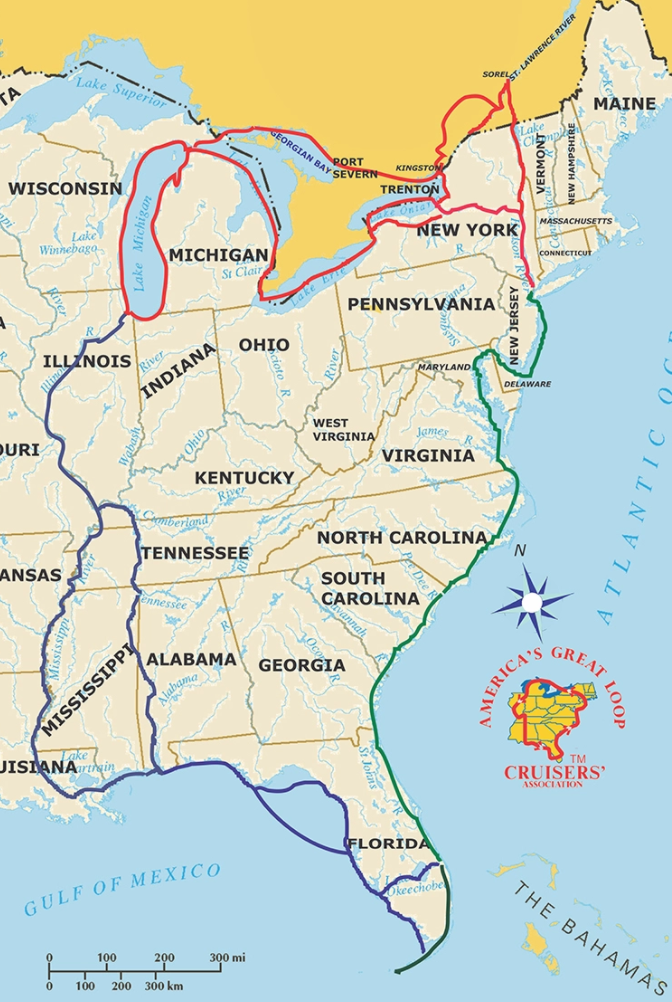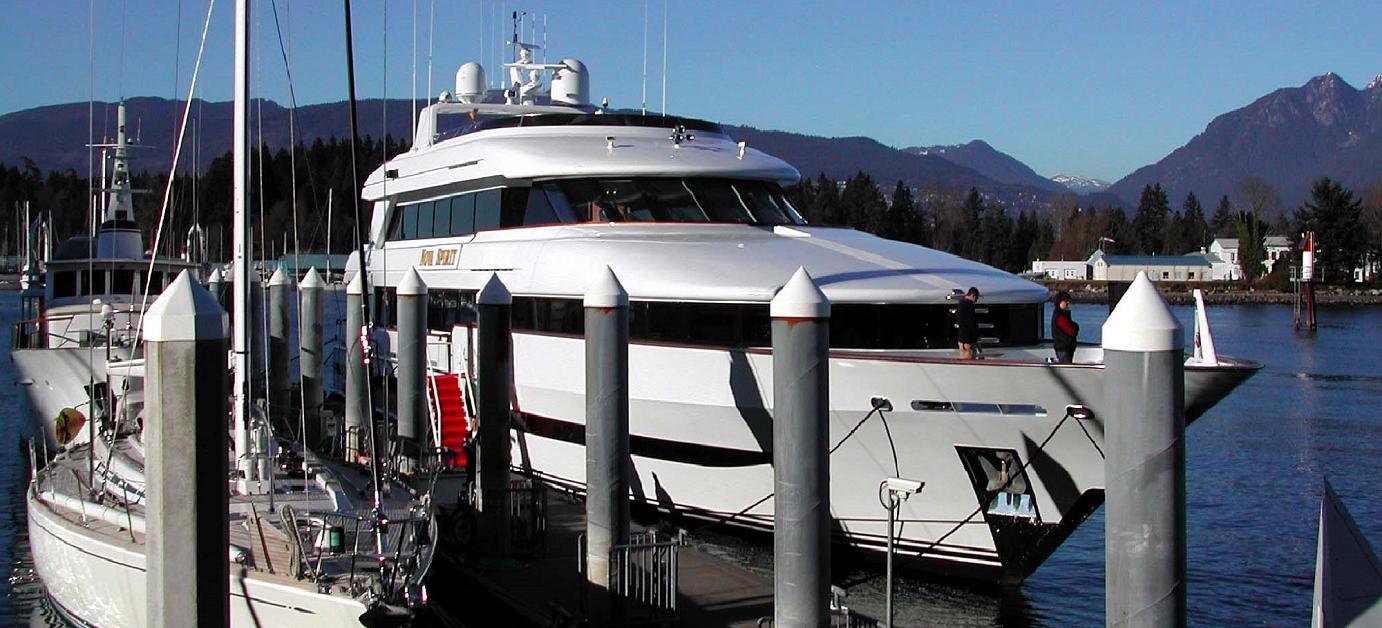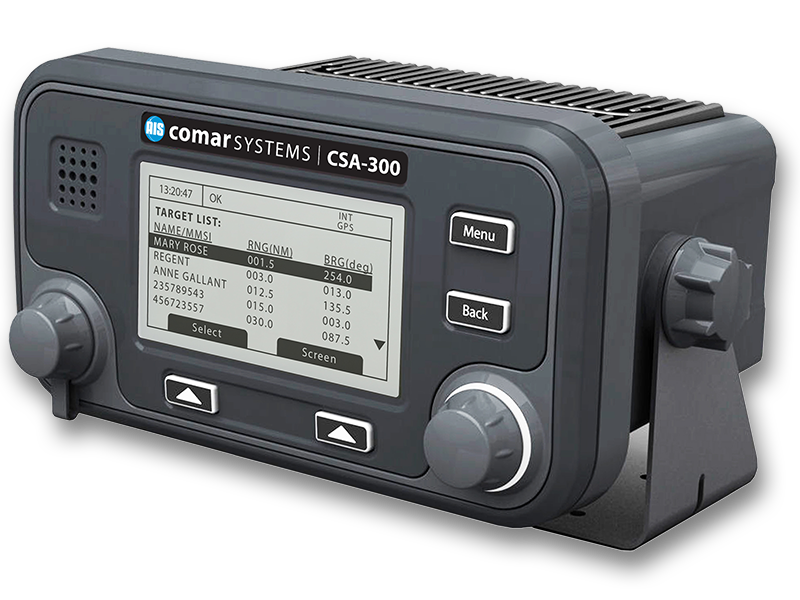Border Closures Shut Down Great Loop
Cruising enthusiasts who enjoy completing the Great Loop around the eastern half of North America are going to have to wait at least a year to make the journey. In 2020, Canada and the United States have closed their borders to each other. Because the COVID-19 crisis, U.S. based boats can’t enter Canadian waters and vice versa.
More than 250 vessels completed the loop, which can range from between 5,000 (8,046.72 km) and 7,000 miles (11,265.41 km) depending on the route taken, last year. Cruisers take their time and enjoy the mostly protected inland waterways that include the Atlantic Intracoastal Waterway, the Gulf of Mexico, the Okeechobee Waterway, Lakes Michigan and Huron, the Illinois and Mississippi Rivers the Tennessee-Tombigbee Waterway in the U.S. In Canada, they ply the Trent-Severn Waterway that connects Lake Ontario to Georgian Bay and more.
According to the website Toronto.com, the average loop excursion costs about $50,000 to compete and the lack of loopers has hurt local businesses.
Not Welcome
One way that American boaters in the Pacific Northwest have tried to circumvent the border closures is by telling Canadian patrol officers that they are on their way to Alaska, which is the 50th United State. According to NPR.com, this is known as the “Alaska Loophole.”
Boats that fly the stars and stripes often seek refuge in British Columbia’s protected inland waters and marine parks where they can see killer whales and other wildlife. The number of U.S. based recreational boats has Canadians who live just across the border concerned about the spread of the coronavirus.
A number of retired boaters who live in areas like Nanaimo Harbor in British Columbia have been using the Automatic Identification System (AIS) that every passenger vessel is required to have by law to track yachts and check their port of origin.
In early August, it was estimated that at least 30 U.S.-based boats were cruising through British Columbian waters, but many captains have been turning off their AIS transponders so they can’t be tracked. When this happens, the coastal residents get on the phone to the Royal Canadian Mounted Police to report suspicious vessels. So far no arrests have been made.



